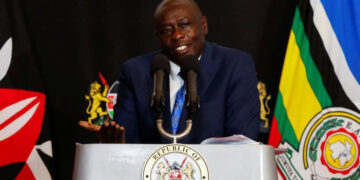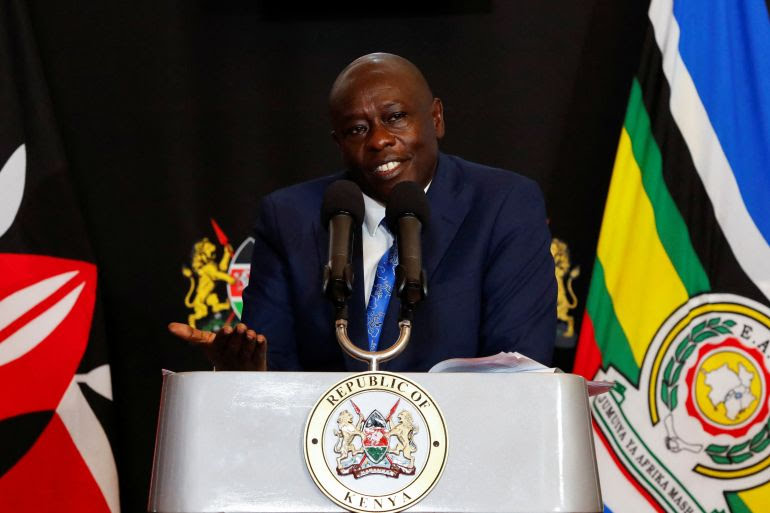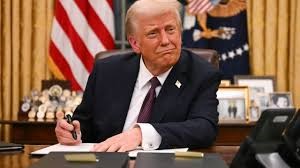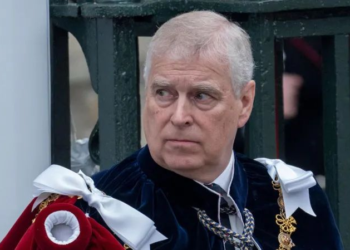Kenya’s Senate has begun impeachment hearings against Deputy President Rigathi Gachagua, hours after a court ruled that the proceedings against him are constitutional.
The lower house of parliament, the National Assembly, voted last week to impeach Gachagua on 11 charges, including corruption, undermining the government and stirring ethnic hatred.
The 59-year-old has denied all the charges, asserting that the impeachment drive, led by allies of President William Ruto and supported by some opposition politicians, is based on falsehoods. He has called the motion a political lynching, according to court documents seen by the Reuters news agency.
Gachagua had launched an appeal in the High Court, but Judge Eric Ogola ruled on Wednesday that the process could go ahead, clearing the way for the Senate to begin hearings and vote on his dismissal.
“At this stage, the process is a lawful, constitutional process, and the Senate will conduct a trial where all the issues being raised before the court will be raised and determined at the moment,” the judge said in court.
Fallout
As the Senate opened the proceedings, Gachagua denied the 11 charges read out by Senate clerk Jeremiah Nyegenye.
“Not guilty,” Gachagua said in response to each one.
During Wednesday’s session, members of parliament seeking Gachagua’s removal are expected to present their case to the senators.
Gachagua is expected to defend himself on Thursday before a vote. A two-thirds majority is needed to dismiss him.
If removed, Gachagua would become the first deputy president to exit office in this way since the possibility of impeachment was introduced in a 2010 revision of Kenya’s Constitution.
Gachagua, a powerful businessman from Kenya’s biggest tribe, the Kikuyu, weathered previous corruption scandals to become deputy leader as Ruto’s running mate in a closely fought election in August 2022.
He helped Ruto secure vital votes from populous central Kenya, but the two have since fallen out and political alliances have shifted.
Gachagua has complained of being sidelined by the president and has been accused of supporting youth-led antigovernment protests that broke out in June and exposed divisions in the top echelons of power.
Ruto fired most of his cabinet and appointed members of the opposition to what he called a unity government after the protests against tax increases, in which more than 50 people were killed.
Ruto has not commented publicly on the impeachment, but Gachagua himself admitted the process could not proceed without the president’s approval.
Aljazeera





















